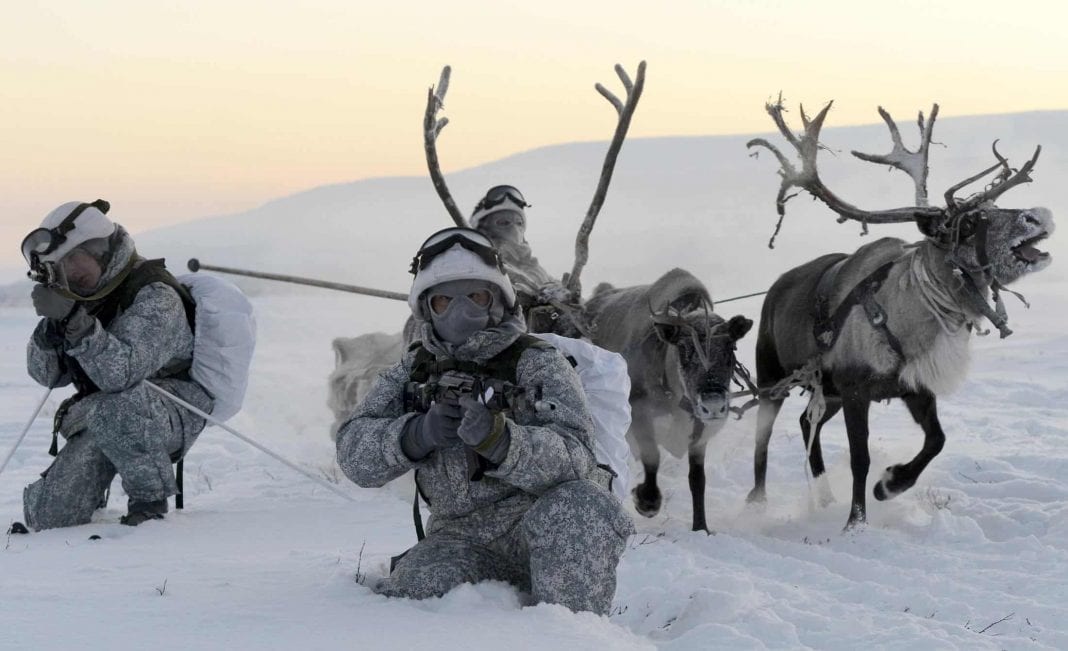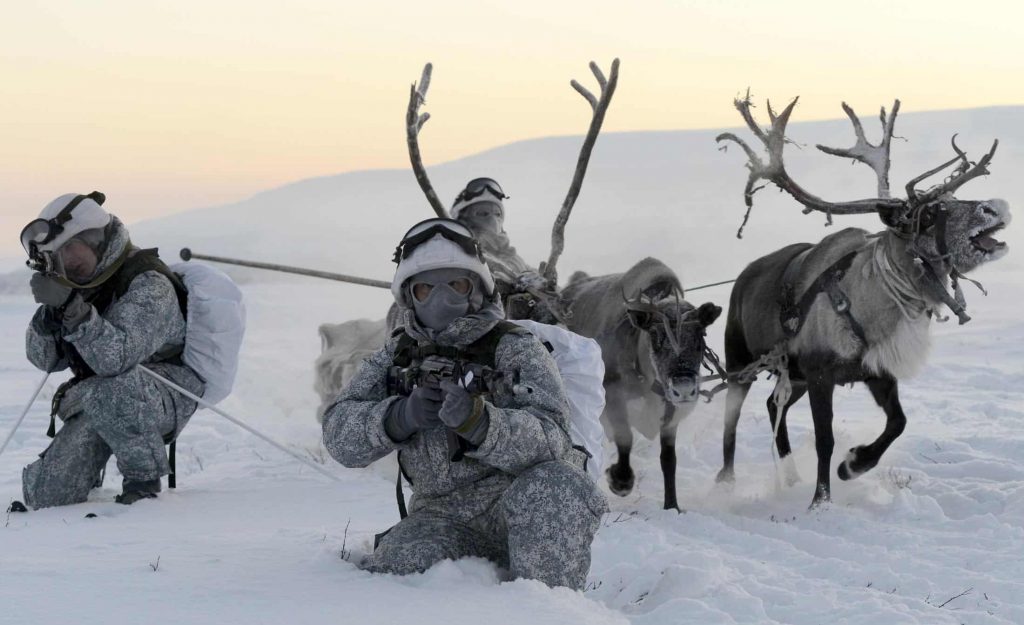
Summary
Russian Arctic policies were released in 2020 until 2035. These policies defend the sovereignty of the Russian Arctic, the environment, and increase operational capabilities. The Northern Sea Route (NSR) along with natural resources in Russia’s Arctic provides 10% of Russia’s annual GDP. As a consequence, legal disputes due to natural resources push Russia to claim the Lomonosov ridge. This belongs to both Denmark and Canada, both with military arctic capabilities. The militarization of the arctic with Electronic Warfare (EW), surveillance, and aerial combat capabilities signal the significance of the region. The expansion reduces the territory, population, and quality of life of northern arctic indigenous communities, particularly in the Yamal-Nenets region.
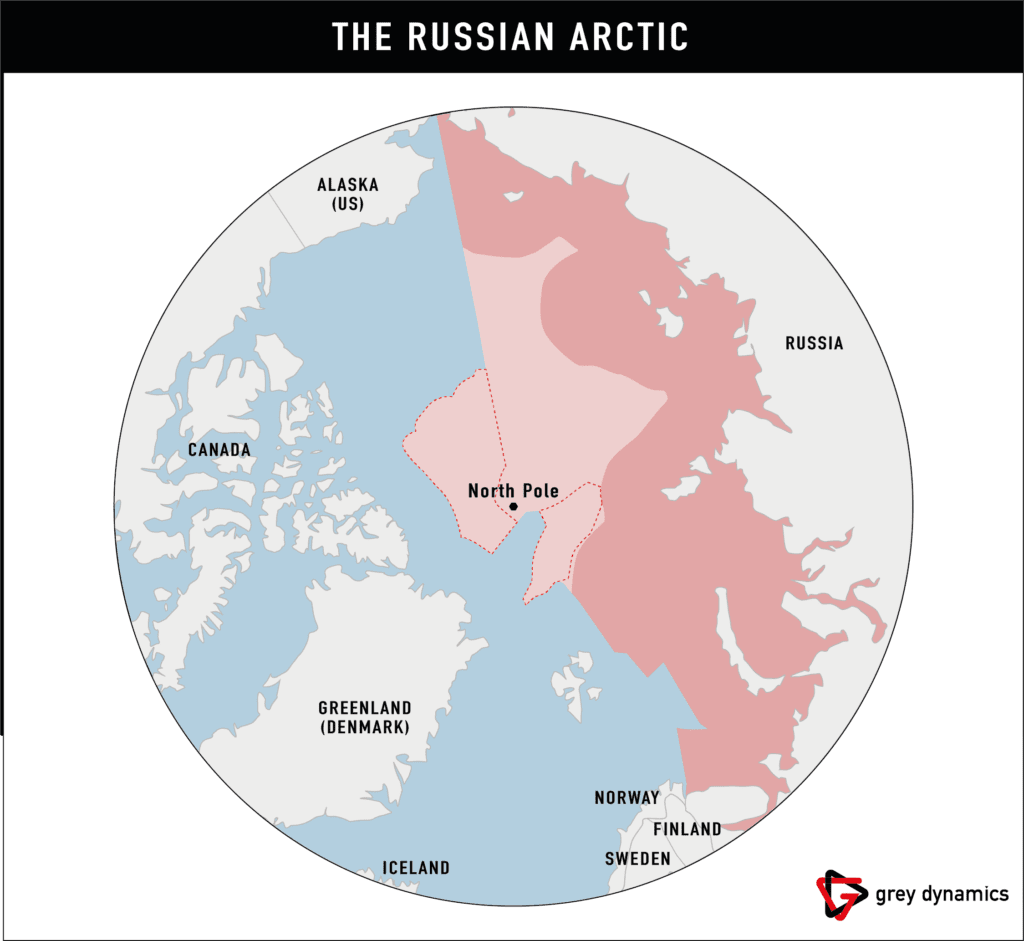
Key Judgement 1
It is likely that the intensity and frequency of Russian involvement in Arctic affairs will increase.
- Russia’s geographical advantage coincides with its presidency of the Arctic council from 2021 to 2023. Becoming the coordinator establishes a temporary symbolic control by Russia. It creates an opportunity for action to distinguish itself from other nations.
- The significance of the NSR and the arctic depends on international support and use of the route. Failing to meet yearly estimates of shipping 50 billion and increasing renewable energy are active risks to Russian arctic control. Threats and dependence on foreign states likely push an increase in Russian activity.
- Rather than focusing on specific capabilities, the general spotlight of Russia will likely increase despite its positive or negative nature. This strengthens the influence of Russia in any Arctic affairs.
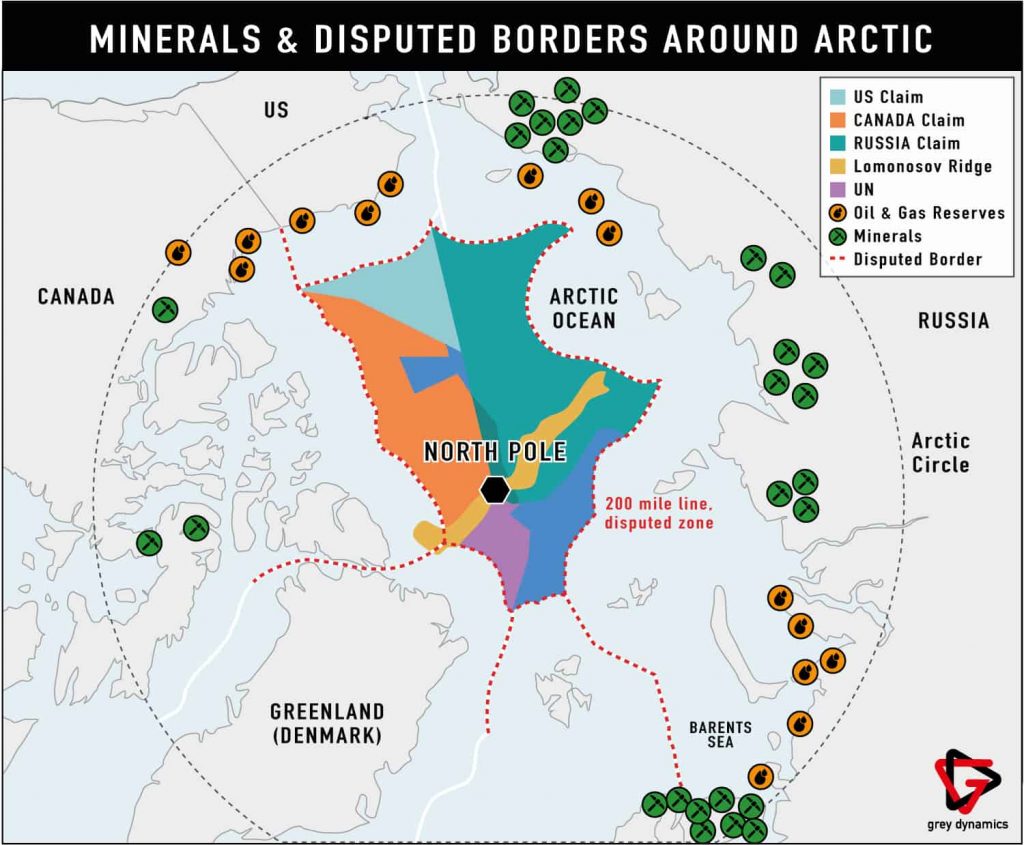
Key Judgement 2
Russia will likely be reactive on foreign activity to increase its military presence in the arctic circle.
- The presence of humanitarian and environmental concerns likely serves as a leverage to enact expansionist policies. Efforts to aid indigenous communities are ineffective and create bureaucratic filibustering. Industrial expansion meanwhile continues to increase the land deficit for dependent minorities.
- Military expansionism likely serves as a substitution of legal procedures of claim. The 2035 document includes the concern of legal undefined boundaries together with foreign interference attempts. Simultaneously, the UN Commission on the Limits of the Continental Shelf (CLCS) is highly likely not going to take a decision initiative.
- The 2035 policy update designates foreign activity, both military and legal, as potential threats to Russian sovereignty in the arctic. This designation is likely an indicator of drivers of Russian action in the region.
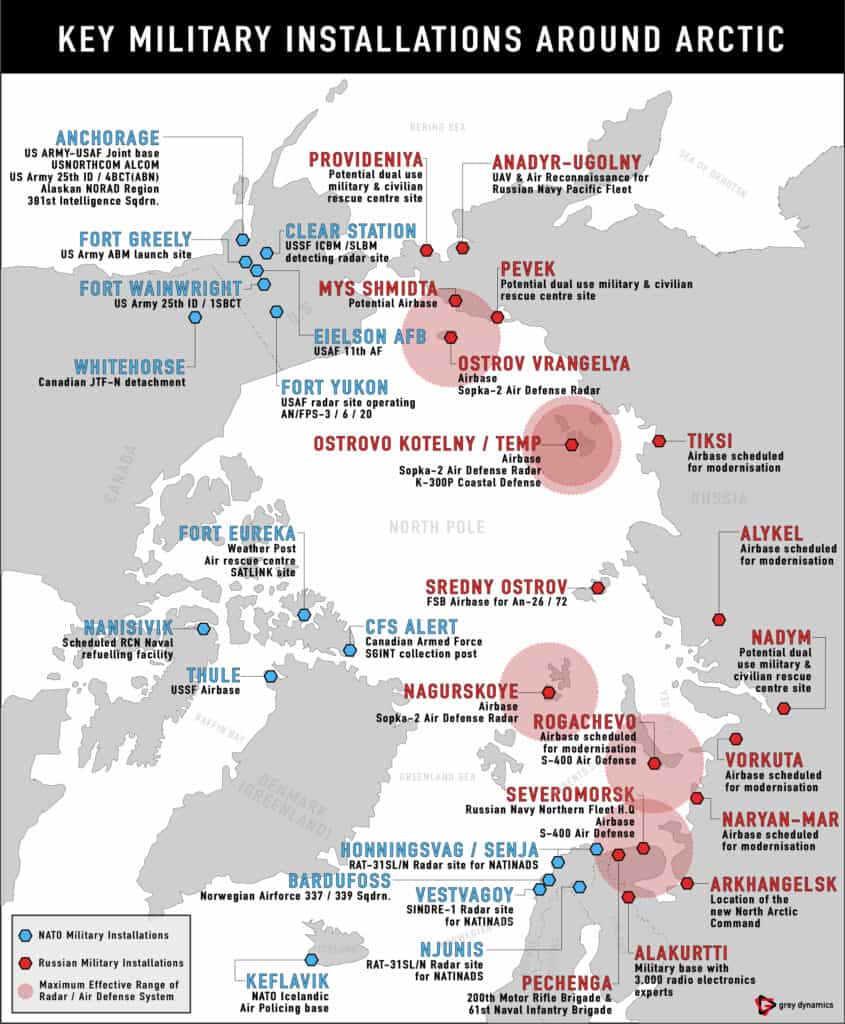
Key Judgement 3
The Russian Arctic indigenous communities are highly likely going to fall under politicisation in the following 12 months to strengthen Russia’s arctic claims.
- Governmental policies highly likely polarised minorities in the far north. The threat of foreign interference is used to target indigenous leaders and organisations. Associating anti-Russian sentiment with minorities polarises communities and reduces both organic and external capacity for effective change-oriented action.
- The 2035 policy mention of community preservation is likely similar in nature to the compatriot policy applied in Eastern Europe. Russia will likely appeal to the presence of indigenous minorities to justify expansion in order to increase quality of life. It is unlikely that profits from increasing land deficit in the Yamalo-Nenets Autonomous Region, will benefit the region or other ethnic minorities.
Intelligence cut-off date: 13th of December, 2021

